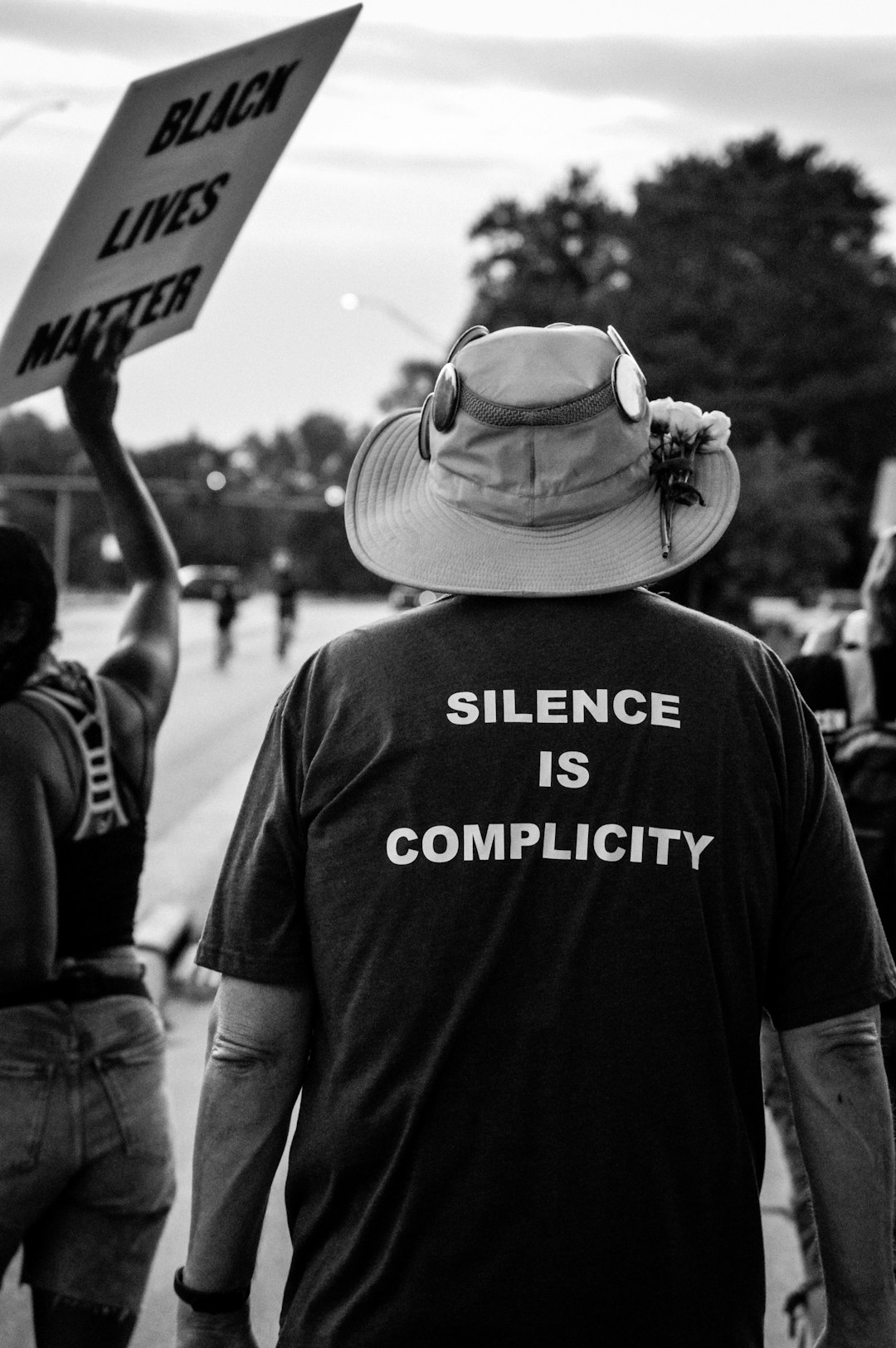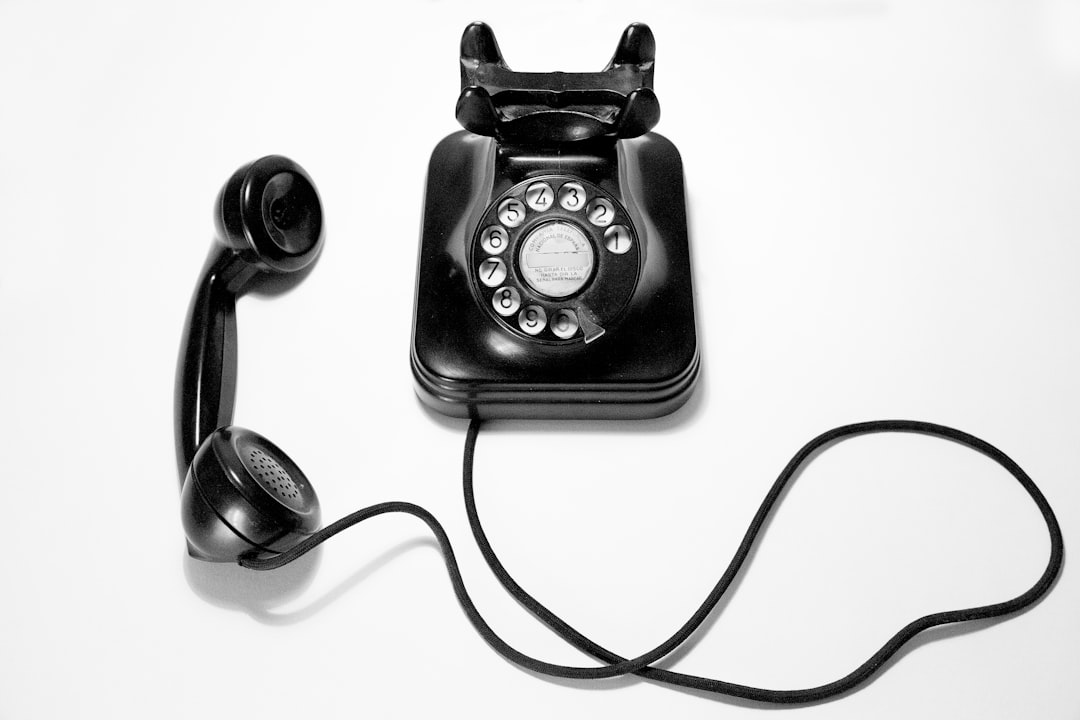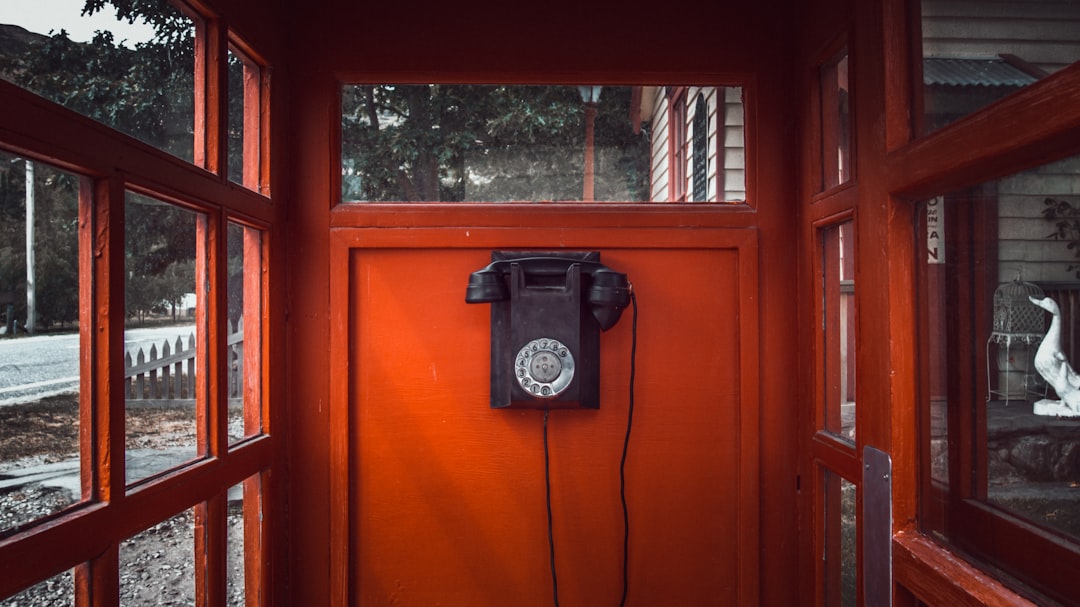Nebraska's robust robocall laws, including the TCPA and Unfair Practices Act, protect residents from unwanted calls. App reviews are key to identifying effective call-blocking apps, with NoCall Registry and Hush popular choices. Advanced filtering, adaptive algorithms, and customizable settings ensure compliance with local robocall regulations. Users appreciate these apps for privacy protection, silencing telemarketers, and enhancing digital well-being.
In today’s digital age, robocalls remain a persistent nuisance. Nebraska, like many states, has established robust robocall laws to protect residents from unwanted calls. This article explores how app reviews play a pivotal role in combating these intrusions by empowering users to make informed decisions. We delve into the top Nebraska apps offering robocall protection and analyze key features for effective call filtering. Through user experiences shared, we uncover insights enhancing privacy and offer practical guidance for navigating Nebraska’s robocall laws.
Understanding Robocall Laws in Nebraska

In Nebraska, the regulation of robocalls is governed by both state and federal laws. The Telephone Consumer Protection Act (TCPA) at the federal level sets strict guidelines for automated telephone marketing calls, including robocalls. It prohibits unauthorized calls made to phone numbers listed on the National Do Not Call Registry. Nebraska’s Unfair or Deceptive Practices Act also plays a role in protecting consumers from harassing or misleading robocallers. This state law forbids businesses from using deceptive tactics, such as pretending to be from a government agency or misrepresenting the purpose of the call. Understanding these laws is crucial for Nebraskans looking to protect themselves from unwanted and potentially illegal robocalls. By being aware of their rights and the legal boundaries set by these regulations, residents can take proactive measures to block and report nuisance calls effectively.
The Role of App Reviews in Blocking Calls

App reviews play a pivotal role in the ongoing battle against unwanted robocalls, especially in states like Nebraska where consumer protection laws are in place to curb such practices. These online evaluations serve as a collective voice, providing insights into the effectiveness of call-blocking apps. Users share their experiences, highlighting not only the success stories but also the loopholes or limitations they’ve encountered. This transparency is invaluable for consumers seeking reliable solutions to protect themselves from intrusive robocalls.
In Nebraska, where robocall laws are designed to safeguard residents’ privacy, app reviews become a powerful tool for collective action. They offer a democratic way to identify not only the best blocking apps but also those that might need improvement. By reading and contributing to these reviews, users actively participate in shaping the market, ensuring that apps meet the high standards set by both law and community expectations.
Top Nebraska Apps for Robocall Protection

Nebraska residents now have a variety of apps at their fingertips to combat the growing issue of robocalls. With the implementation of robocall laws in the state, these applications offer an additional layer of protection for consumers. One popular choice is NoCall Registry, which allows users to register their phone numbers and opt-out of marketing calls. This app connects to the official Nebraska do-not-call list, ensuring that registered numbers are shielded from unwanted telemarketers.
Another highly rated option is Hush. This app utilizes advanced technology to identify and block robocalls, spam, and even scam attempts. Users can also report calls directly through the app, contributing to a more comprehensive database of known malicious numbers. With its user-friendly interface, Hush provides peace of mind while offering robust protection against intrusive robocalls, keeping Nebraska residents safe in accordance with local robocall laws.
Evaluating Effective Call Filtering Features

When evaluating robocall blocking apps, it’s crucial to assess their call filtering features under the lens of Nebraska’s robocall laws. These laws empower consumers with tools to combat unwanted calls, making app effectiveness in identifying and blocking such calls a key performance indicator. Look for advanced algorithms that learn and adapt to new robocaller tactics, ensuring continuous protection against evolving threats.
Effective call filtering shouldn’t just block numbers; it should also provide insights into call sources and offer customizable settings to suit individual preferences. Apps that seamlessly integrate with existing contact lists and allow for easy reporting of spam calls are often more user-friendly and efficient in navigating Nebraska’s regulatory framework against robocalls.
Enhancing Privacy: User Experiences Shared

In today’s digital era, where robocalls have become an all too common nuisance, Nebraskans are increasingly turning to apps designed to block these unwanted calls. By utilizing robust robocall blocking features, these apps offer a much-needed solution for enhancing privacy and peace of mind. Users across the state have shared positive experiences with these tools, praising their effectiveness in silencing persistent telemarketers and fraudsters.
The rise in user satisfaction with robocall blocking apps underscores the growing need for protection against intrusive calls, especially considering Nebraska’s strict robocall laws. These apps not only provide a convenient way to manage call blocks but also empower individuals to take control of their digital well-being, ensuring that their personal information remains secure and their communication channels are free from unwanted interruptions.






